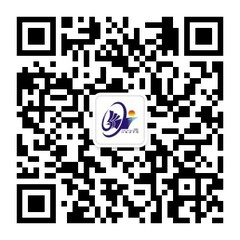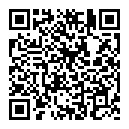Lecturer: Professor Hong Huaqing
Time: May 12, Wednesday, 2021, 13:30
Location: Lecture Hall, Foreign Language Building
Lecture Introduction:
This lecture focuses on how to apply theories of learning science and modern information technology tools to promote teaching practice and educational innovation in the digital era. The lecture will introduce the application of language intelligence technologies such as corpus analysis, eye-tracking, and face capture in teaching content, classroom discourse, discussion analysis, and online presentation, and demonstrate the important role of language intelligence technologies in improving students’ cognitive level and independent learning ability. He will also discuss how to effectively integrate information technology with the teaching and education process, promote a paradigm shift in teaching and learning, and establish a new model of truly learner-centered intelligent education.
Lecturer Profile:
Professor Hong Huaqing is currently a researcher at the Institute of Corpus Research, Shanghai International Studies University, a researcher at the Centre for Learning Research and Development, Nanyang Technological University, Singapore, director of the E-Learning R&D Centre at Lee Kong Chian School of Medicine, honorary director of the Chinese Corpus Linguistics Research Association, and an international expert at the Center for Education and Development, Peking University. Dr. Hong has been working on machine translation, information extraction, and natural language processing at the Institute of Information and Communications Technology, National Science and Technology Agency, Singapore since 2000, and has been leading corpus-based research on large-scale education at the National Institute of Education, Nanyang Technological University since 2005. He is also a researcher in the Centre for Learning Research and Development at Nanyang Technological University, implementing team-oriented intelligent teaching and learning driven by big data learning analytics. His main research includes corpus linguistics, computer-assisted instructional research, machine translation, multimodal discourse analysis, big data learning analytics, and educational innovation.


